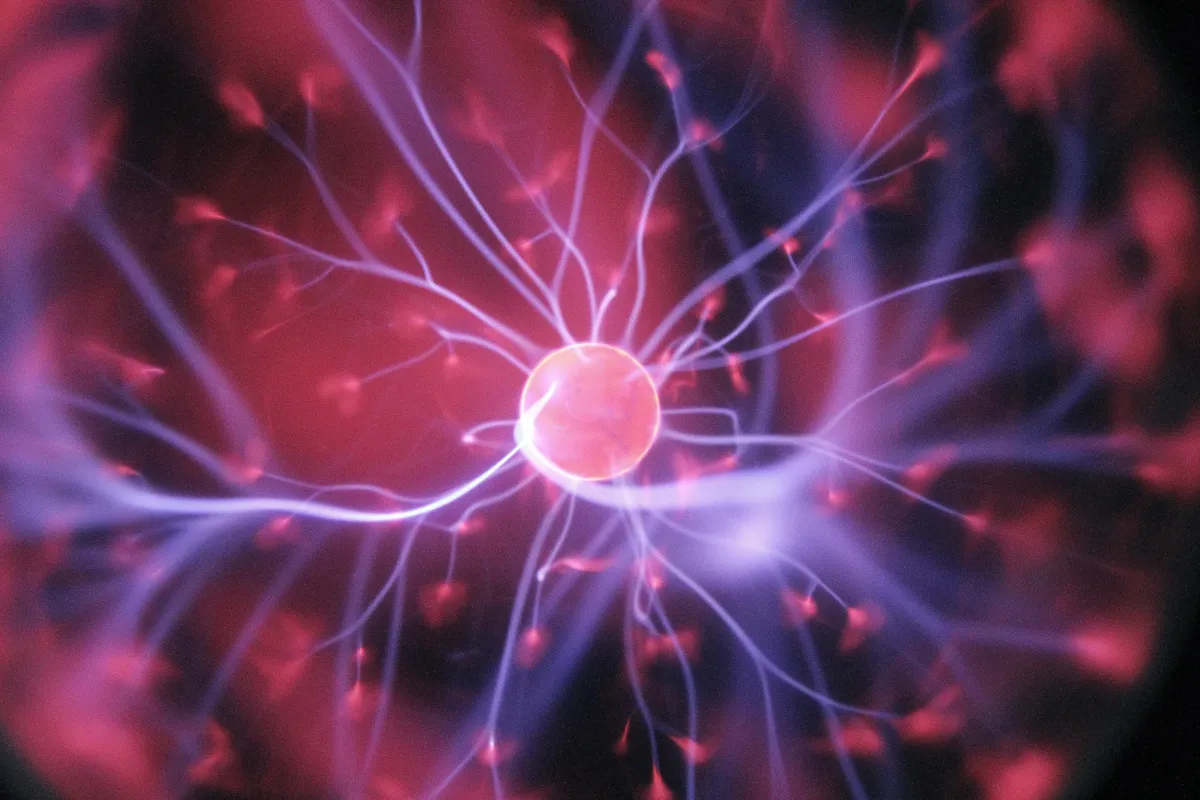

Unlocking Your Power: How Neuroplasticity Can Help You Empower Yourself
“Any man could, if he were so inclined, be the sculptor of his own brain” - Santiago Ramon Cajal
Unlocking Your Power
How Neuroplasticity Can Help You Empower Yourself
Neuroplasticity is the brain's ability to reorganize itself by forming new neural connections throughout life. It is an amazing phenomenon that scientists have only recently begun to unravel. The term neuroplasticity was first used by Polish neuroscientist Jerzy Konorski in 1948, although it wasn't widely used until the 1960s. Although scientists are now just understanding how it works, our bodies have used it for our evolution all along. Neuroplasticity allows us to adapt and survive, by constantly changing and improving our bodies in response to our environment. It is the key to our evolution and ability to learn and grow.
Neuroplasticity is based on the brain's constant change and adaptation to its environment. This means that the brain can make new connections between neurons and modify existing ones in order to meet the demands of the environment. This allows us to learn and grow, and to make changes to our behaviors and responses. New connections between neurons, adapting to new experiences, and learning new skills are all part of this process. This creates a more efficient brain, enabling us to learn and adapt quickly. Neuroplasticity is a key factor in our ability to thrive and grow in a constantly changing world. It helps us to develop skills, cope with difficult situations and make the most of our life experiences. Neuroplasticity gives us the opportunity to change our habits and behaviors, and to reach our highest potential.t also means that when certain parts of the brain are damaged, the brain can remodel itself and create additional pathways to compensate for the damage.
This amazing ability of the brain to continue learning throughout life has tremendous implications for people of all ages and backgrounds. The implications of neuroplasticity are wide-ranging. For instance, it has been used to help stroke victims recover lost function, as well as to help children with learning disabilities. It has been used to help people suffering from depression, anxiety, and addiction. It has even been used to help improve memory, creativity, and problem-solving skills.
Neuroplasticity has also been used to help optimize cognitive performance, such as increasing IQ and improving performance on tests. Neuroplasticity has been used to help people learn new languages and develop new skills, as well as help people to manage chronic pain and heal from traumatic experiences. Neuroplasticity can also be used to increase resilience to stress and to help treat a variety of mental health conditions.
"Lose your mind and create a new one" - Joe Dispenza
With our knowledge and understanding, we can utilize this information to actually wire and program our own brains intentionally. This will enable us to create new neural pathways which can help us improve our performance and increase our mental capacity. It also allows us to control our emotions and reactions to external stimuli in a much more deliberate and conscious way. This knowledge also allows us to make better decisions and be more intentional about how we use our time and energy. Ultimately, it will enable us to become more productive, creative, and successful. It has always been my belief that we are never stuck with a thought. We have the power to rewrite our neural pathways and recondition our minds for success. By doing this, we can develop new habits and behaviors that will help us reach our goals and create the life we've always wanted.
Neuroplasticity is an incredible tool to help us better understand the brain and how it works. It gives us insight into how we can use our minds to our advantage and how we can use our environment to help us learn and grow. This amazing ability to reshape our brains has the potential to revolutionize the way we think, feel, and behave.
Unlocking Your Power: How Neuroplasticity Can Help Y
Book a Call



